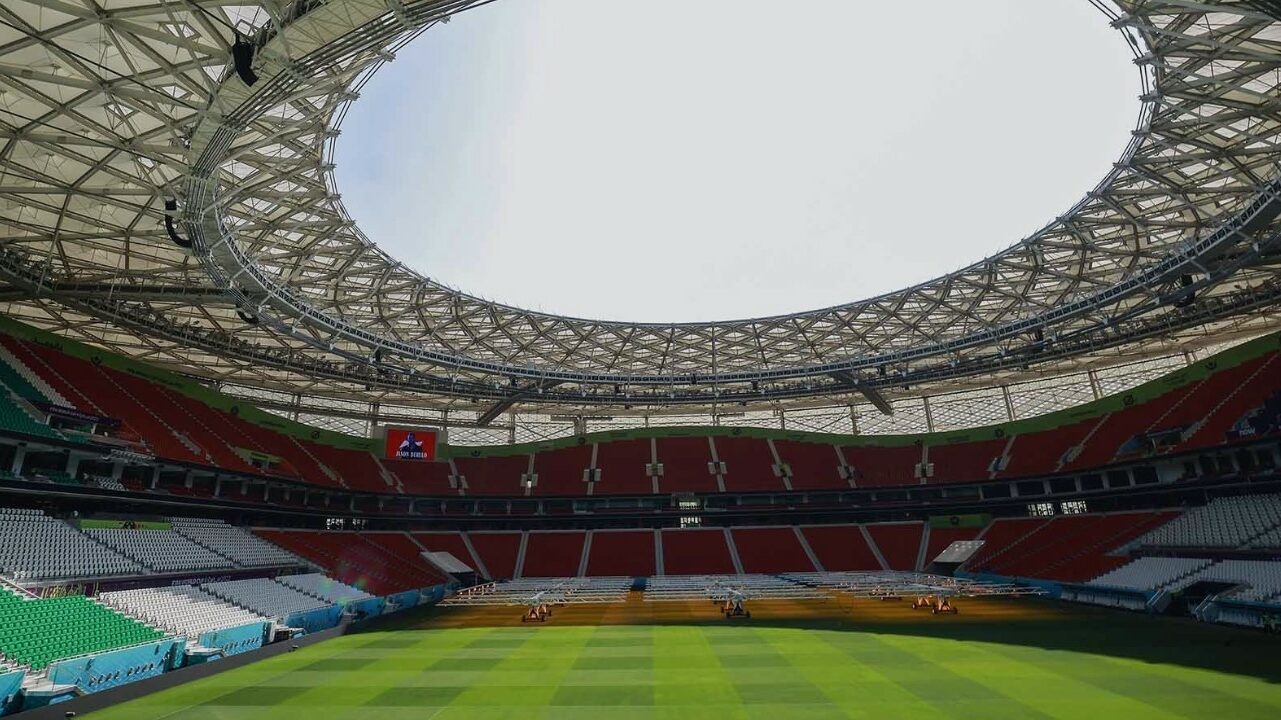Selin Interviewed on 2022 World Cup and Controversies Surrounding Host Qatar

In an interview with Boston University’s The Brink, Henrik Selin, Associate Professor of International Relations and Associate Dean for Studies at BU’s Frederick S. Pardee School of Global Studies, discusses the upcoming World Cup in Qatar and whether supporters can or should overlook the country’s human rights abuses.
As stated in the article, titled “Should You Watch the 2022 FIFA World Cup despite Host Qatar’s ‘Serious Human Rights Problems’,” the World Cup is a time of celebration for football/soccer fans around the world; however, many “supporters and the media are talking about the abuse of migrant workers, widespread human rights violations, and threats to LGBTQIA+ supporters” rather than the revelry of the tournament. Qatar hopes that hosting the World Cup will stimulate its economy and improve its global perception; that perception is important in international politics, and Selin argues the World Cup bid exemplifies Qatar’s use of “soft power.”
A self-proclaimed Newcastle United fan for over 25 years, Selin says he is conflicted about watching the World Cup but still intends to. When asked how fans should feel about the tournament, Qatar’s spotty human rights record, and whether watching somehow legitimizes the regime, Selin said that no fan had a hand in the process of where the World Cup would end up – a process he notes was “riddled with financial irregularities” – and not watching the games doesn’t actually help the people in Qatar.
An excerpt:
[The Brink:] In 2011, the Emir of Qatar bought French soccer team Paris Saint-Germain—now home to stars like Messi, Neymar, and Mbappé. In England, two Premier League teams are owned by Middle East–based leaders and entities with controversial human rights records. It’s all led to a focus on whether soccer is being used as a vehicle for cleaning international reputations, or sportswashing. What’s the attraction of soccer—and sports in general—as a PR and international relations tool?
[Selin:] It is one of relatively few sports that have a worldwide audience. Major European clubs are now broadcast all over the world. You can watch the games in Canada, Australia, Chile, South Africa, Japan, or wherever. So, owning a major European football team is definitely a way of getting out there and trying to create a positive spin. To address this in international relations terms, it’s wielding soft power, it’s about building a brand.
But also, for some of the regimes hosting the World Cup, you are also doing it partly for domestic consumption. In recent times, Russia has hosted both the World Cup and the Winter Olympics, and I think that was one way for Vladimir Putin to cement his reputation in Russia as a strong and successful leader, at the same time as there was an international aspect to it in terms of being seen as important on the world stage.
The full article and interview transcript can be read on The Brink‘s website.
Henrik Selin has been at Boston University since 2004. His research and teaching focus on global and regional politics and policymaking on the environment and sustainable development. He is the author of Mercury Stories: Understanding Sustainability through a Volatile Element, European Union Environmental Governance, and Global Governance of Hazardous Chemicals: Challenges of Multilevel Management. He is also the author and co-author of more than four dozen peer-reviewed journal articles and book chapters. He also serves as Editor for the journal Global Environmental Politics. Learn more about Professor Selin on his faculty profile.